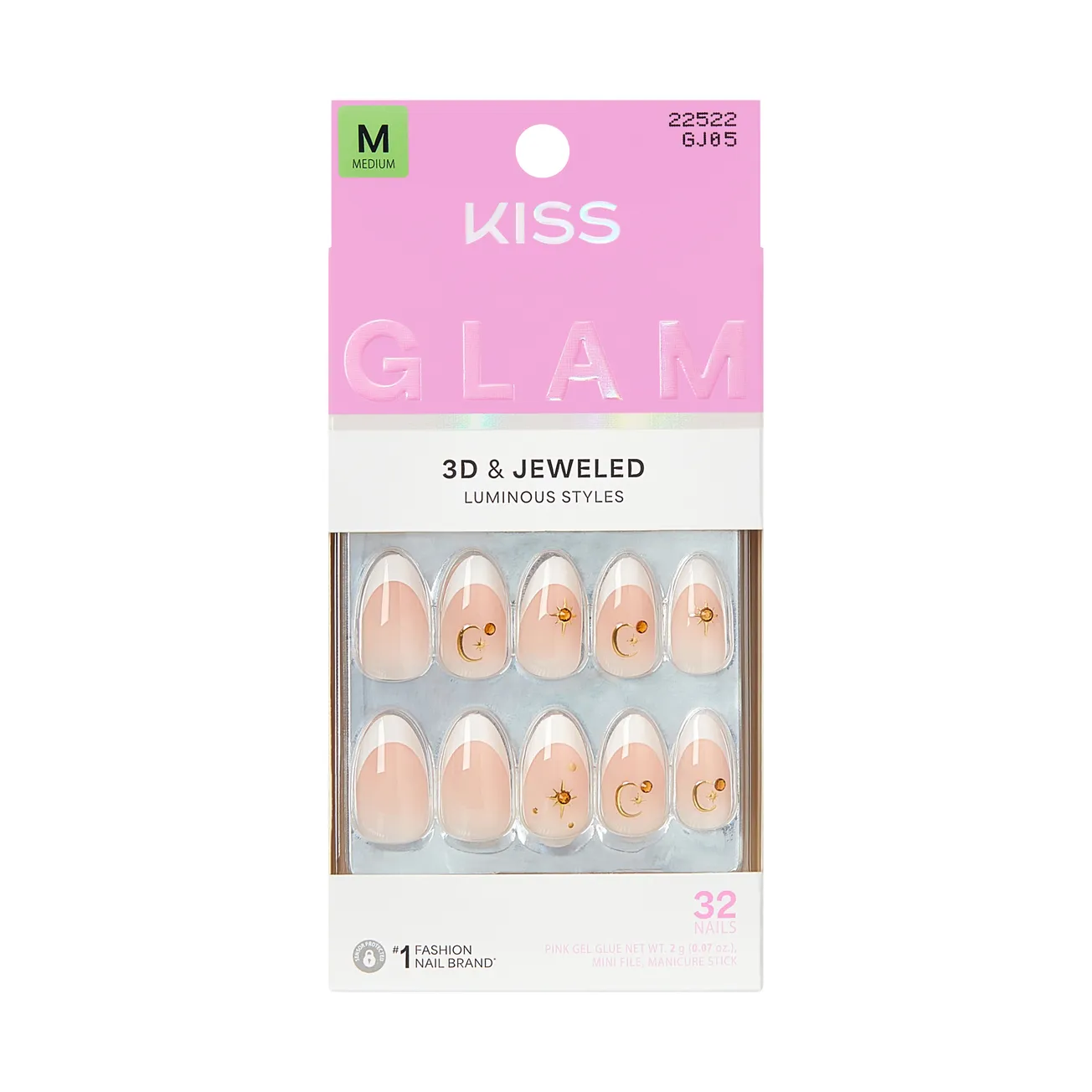
Rick Maturo
The cannabis and cannabidiol (CBD) craze presents both risk and opportunity to the U.S. drug store channel. Striking the interest of curious consumers, the mainstreaming of CBD could be ushering in a new era of ailment treatment, where major pharmacy chains like CVS and Walgreens have begun to respond to consumer demand by announcing the sale of hemp-derived CBD products in topical forms, such as creams, lotions, patches and sprays.
While it’s still too early to predict the future impact of legal cannabis on the mainstream U.S. retail market, we at Nielsen do know that demand and consumer interest is present and certainly growing. So, with this in mind, I ask you: How much do you know about the legal cannabis market and the implication it may have on your business and your consumer share? Regardless of your answer, this article aims to provide a baseline understanding of the legal cannabis consumer landscape in the U.S., specifically speaking to how consumers are viewing legal cannabis for the treatment of ailments. Save this article in your back pocket and feel free to use it as your personal cheat sheet.
Let’s start by breaking down the basics:
• Tetrahydrocannabinol (THC): This is a psychoactive compound found in cannabis (marijuana); when it is activated and consumed, many associate it with feelings of euphoria, intoxication or a “high.” Currently, THC products are legal for recreational use in 10 states plus the District of Columbia and still illegal at the federal level. They are not legally approved for sale in mainstream retail, and are only available to consumers within state-licensed dispensaries within states in the U.S. that have legalized the sale and consumption of cannabis products.
• Cannabidiol (CBD): CBD is a naturally occurring cannabinoid compound found in marijuana and hemp plants. Hemp-based CBD products are currently making waves with traditional consumer packaged goods companies and consumers. The major difference between THC products and CBD is that hemp-based CBD does not have any psychoactive effects. Many people, though, have found CBD to be helpful in providing relief for a wide range of symptoms, including chronic pain, anxiety and inflammation. Hemp-based CBD products are typically sold in mainstream retail outlets and are not available in cannabis dispensaries.
How did the rise of CBD come about? Beyond the growing consumer buzz around cannabis, this move was enabled by the passage of the Farm Bill in December 2018, where hemp (and hemp-derived CBD) was removed from the Schedule I controlled substances list, opening the door for major U.S. retailers to start selling some nonconsumable, hemp-based CBD products with no legal risk.
Who is the future cannabis consumer?
According to the latest data from Nielsen and Headset, consumer interest in purchasing legal cannabis exists across U.S gender and age groups. Of adults 21 and older who were surveyed, 34% indicated that they were interested in consuming cannabis legally versus 66% who said they were not interested in consuming cannabis at all. When it comes to gender, 31% of women are likely to purchase legal cannabis, compared to 38% of men. Agewise, consumers who fall within the 21-to-34 age range are most likely to purchase legal cannabis (41%), followed by consumers who fall within the 35-to-44 age range and 55-to-74 range (the two age brackets are tied at 39%). How do these demographics line up with your core target consumer?
Reasons consumers would use cannabis, if legally available
According to Nielsen, consumers report they will likely consume cannabis for a variety of reasons outside of recreation. For U.S. adults who report they would likely consume cannabis if it were legally available, the top reasons are all tied to ailment treatment: chronic pain (85%), mental health (82%), minor injuries (81%), sleep (77%), relaxation (74%).
Nielsen data also shows that of those consumers who are interested in legally consuming cannabis, many are ailment sufferers: 40% of all headache/migraine pain sufferers, 40% of all arthritic pain sufferers and 41% of all back/neck pain sufferers would all be open to consume cannabis if legally available.
Which drug store categories may see the most disruption?
Out of all of the adults that have an ailment listed, the top ailment states for which consumers would consider using cannabis as a treatment are: inability to fall asleep (42%), smoking cessation (41%), cancer pains (37%), back/neck pain (35%), arthritis pain (35%), headaches/migraines (33%), general aches and pains (32%), feminine pain (30%), motion sickness (28%). This may give a hint at the categories that may see the most disruption within the drug store channel.
With all of this data in hand, it brings up the question of what this means for the future of today’s drug store health and wellness, O-T-C, and prescription offerings. There is no doubt that consumer interest in legal cannabis products puts the cannabis market in a strong position to disrupt the current drug store channel. Some of that disruption can already be seen, with a few players proactively embracing the buzz behind cannabis. How will you respond?
In today’s business landscape, knowledge and data is power. Through our alliance with Headset, Nielsen is enabling data-driven decision making by bringing visibility into a fast-growing market for key players in the drug store channel and the U.S. CPG industry at large.
Now, more than ever, it is important to lean into trusted data sources to better understand how today’s consumers are interacting with legal cannabis products and what that means for your business today and in the future.
Note: All information in this report is based on measurement of sales of cannabis products in U.S. jurisdictions where such sales have been legalized, or consumer intentions with respect to future consumption of legal cannabis products.
Rick Maturo is an associate client director within Nielsen’s Bev/Al and Cannabis practice. He can be contacted at rick.maturo@nielsen.com.




